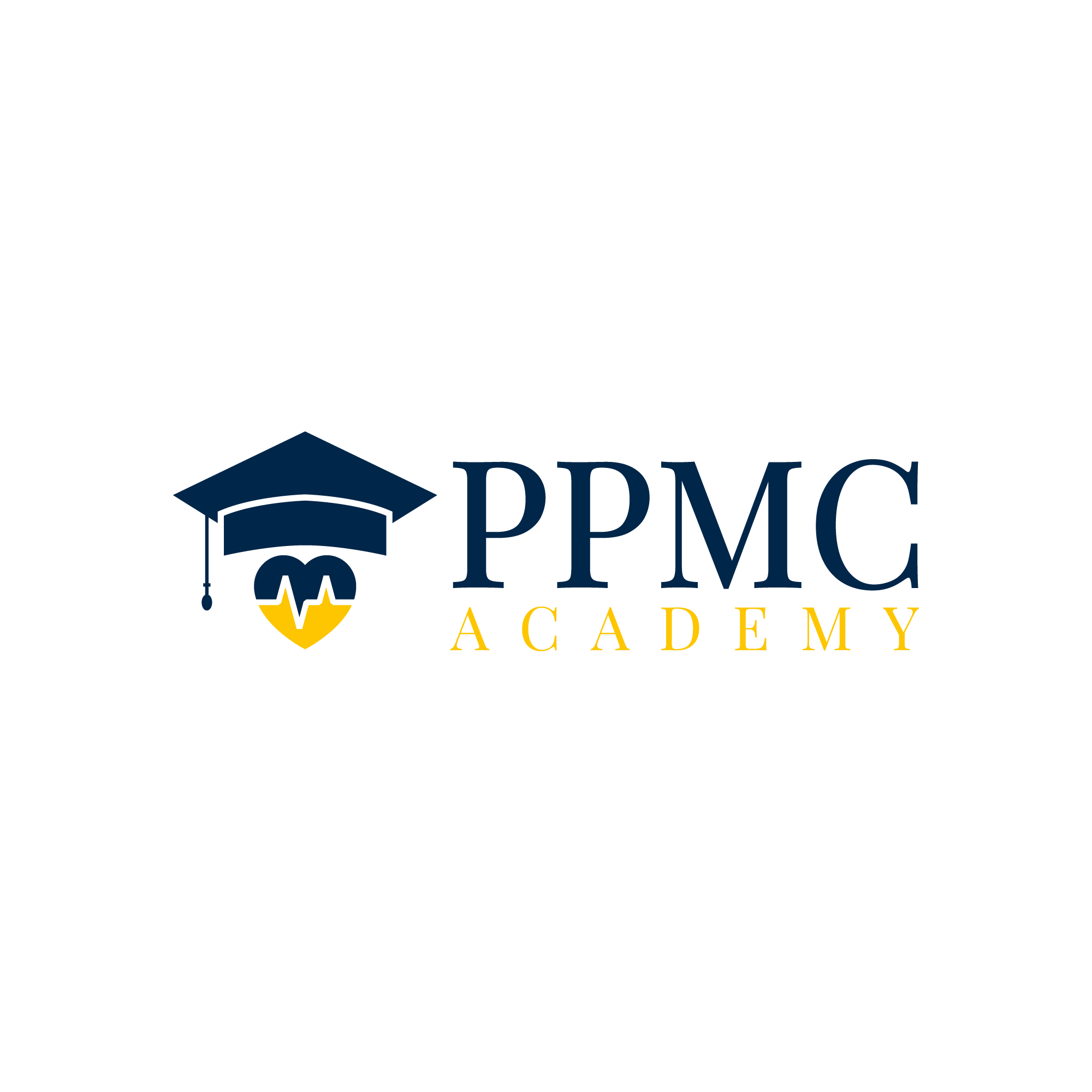What is a medical biller? How is it different from a medical coder? Quite often these terms are used synonymously. As a result, it usually creates confusion for applicants applying for a position. For instance, a solo provider may advertise a position seeking a certified medical coder, but the actual position may be in the Appeals department. Let’s look at what each of these positions usually entail.
What is the difference?
Medical coding involves the proper assignment of diagnoses and procedural codes based on the provider’s documentation. Whereas, medical billing is the process of submitting these codes (in the form of a claim) to the appropriate third-party payer or patient. Medical billing also consists of the following: posting the payments received for the services rendered by the provider; appealing of denied claims; and creating patient statements during the collections process. Since medical billers appeal denied claims, knowledge of medical coding is essential.
What type of setting will I work in?
Medical billers and coders often work at hospitals, physician offices, billing organizations and insurance companies. Some professionals are permitted to work at home. While others, after gaining the required work experience, choose to become educators and consultants.
What is the pay for this position?
According to the Bureau of Labor Statistics (BLS), the median annual wage for all Medical Records and Health Information Technicians, is $40,350 or $19.40 per hour.1 The rate of pay usually correlates with experience and certification. Experience or not, most jobs are typically well above the current federal minimum wage.
How do I become a medical biller and coder?
You can start by enrolling in one of our medical coding certification exam preparation courses. In these courses we will cover the following topics:
- Medical Terminology
- Anatomy
- Pathophysiology
- ICD-10-CM Coding
- CPT® Coding2
- HCPCS Coding
- Documentation Guidelines
- Health Insurance
- Electronic Healthcare Records (EHRs) and Billing Software Use
- Patient Confidentiality and Security
- Compliance
Whether you are a beginner or an experienced professional, we have an option for you. If you are not quite ready, then join us during our free webinar training sessions. We offer periodic live virtual webinars on various medical billing and coding topics. For more information on our free webinars, contact PPMC Academy today at 855-996-PPMC or online at: https://ppmcacademy.com/contact-1/
Until then, take a look at this video from the BLS website that provides an overview of the Medical Records and Health Information Technician position. Click on the following link to access: BLS Video
Reference List:
- Bureau of Labor Statistics, U.S. Department of Labor, Occupational Outlook Handbook, Medical Records and Health Information Technicians, on the Internet at: https://www.bls.gov/ooh/healthcare/medical-records-and-health-information-technicians.htm#tab-1 (visited January 2, 2020)
- CPT® is a registered trademark of the American Medical Association. All rights reserved.


